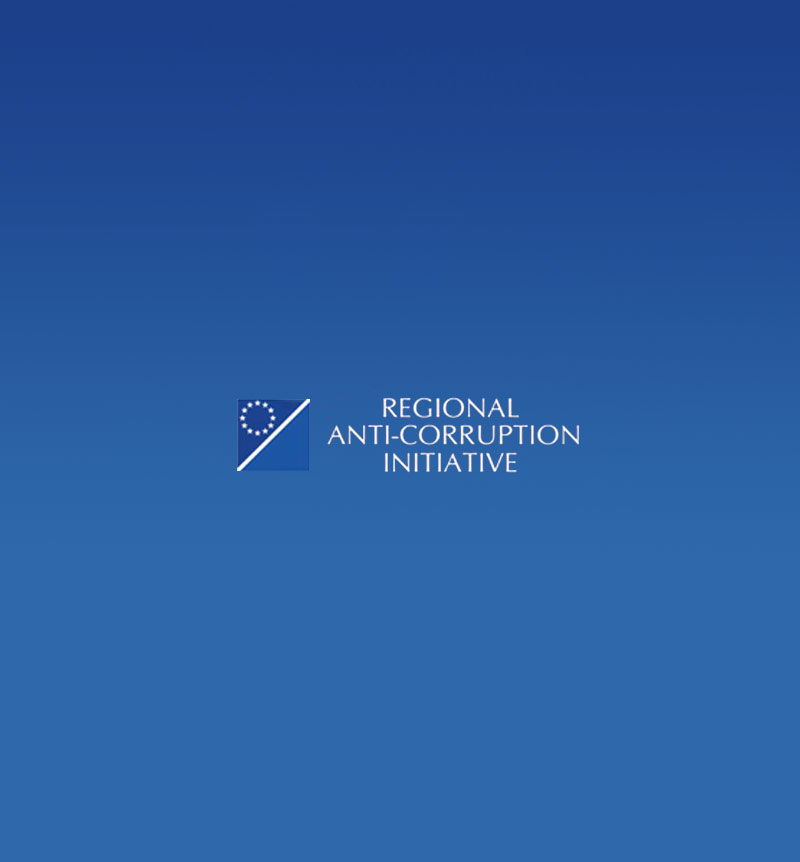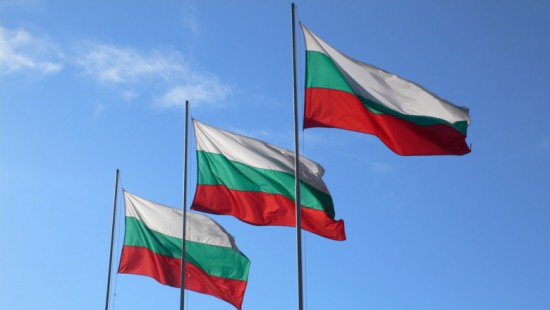- March 31, 2016
- Posted by: admin
- Categories: News Bulgaria, SEE News
At its regular meeting on Wednesday, the Bulgarian government adopted a draft law on the prevention of corruption and forfeiture of illegally acquired property. The bill foresees the creation of united anti-corruption body – national bureau for prevention of corruption and forfeiture of illegally acquired property.
The bureau will bring together four now existing bodies – the Commission for Prevention and Ascertainment of Conflict of Interest, the Commission for Illegal Assets Forfeiture, the Centre for Prevention and Countering Corruption and Organized Crime (BORKOR) and the unit of the National Audit Office which checks the property declarations. In this way, the necessary connection between the different functions will be established. The bureau will consist of a director and four deputy directors elected by the parliament. The body will have territorial structures and its officials will have to undergo integrity tests including polygraph ones. In order for the bureau to be able to effectively carry out its work, it can seek assistance and information from the state institutions, local administration, legal persons and citizens. The bureau will also be granted with the power to request a court to lift a bank, insurance or tax secrecy and will also have access to the central credit register.
The people subject to checks by the bureau will be high-level state officials as well as people involved in the expenditure of public financing. Several categories of officials working in spheres with heightened risk of corruption will also be subject to checks, including officers from the high-level command of the armed forces. Officials will only submit one declaration to the bureau rather than having to submit different declarations to several institutions as is the current case. As regards magistrates, they will submit their property and interest declarations to the inspectorate of the Supreme Judicial Council (VSS). The inspectorate will use the software and methods of the bureau. In case inconsistencies are established, the inspectorate will call on the bureau to perform a detailed check.
In this way, the draft the amendments to the constitutions adopted at the end of last year have been taken into account. The bill is in line with the implementation of the national strategy for preventing and countering corruption in Bulgaria (2015-2020). In the latest Cooperation and Verification Mechanism (CVM) report of the European Commission, the adoption of the anti-corruption law is identified as a “key test” in the field of countering corruption for 2016.
Novinite
31 March 2016




